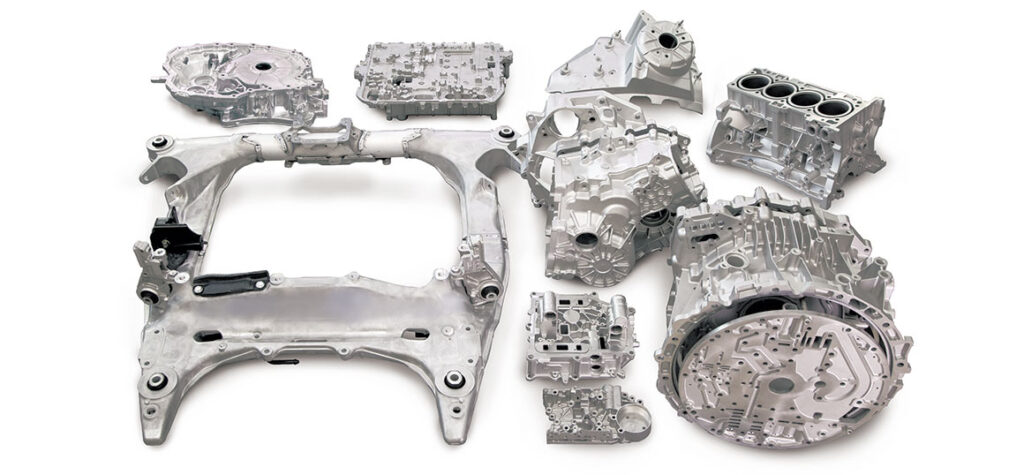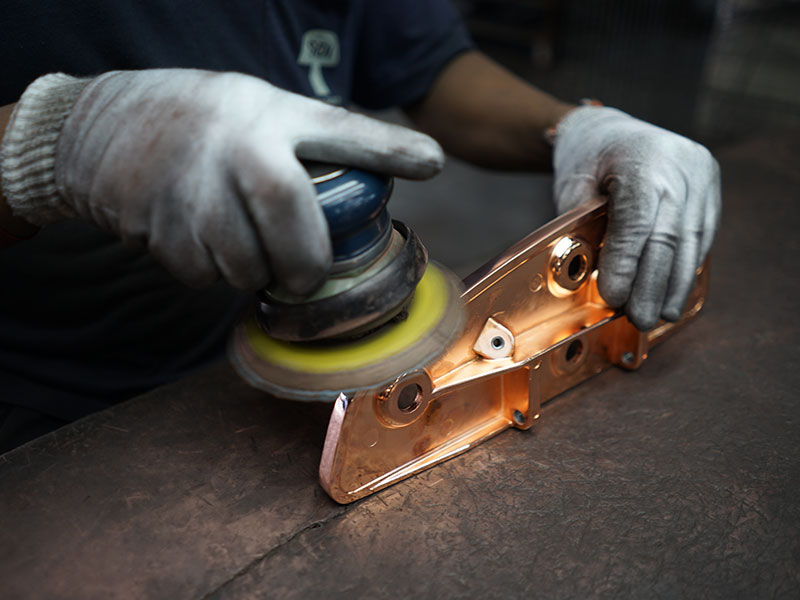Diecasting, a manufacturing process that involves injecting molten metal into a mold under high pressure, has become a pivotal part of Malaysia’s industrial landscape. Known for producing complex metal components with high precision and excellent surface finishes, diecasting has applications in various sectors, including automotive, electronics, and consumer goods. Over the years, Malaysia has emerged as a significant player in the global diecasting industry, thanks to its advanced technological capabilities, skilled workforce, and strategic economic policies. This article explores the evolution, current state, and future prospects of the diecasting industry in Malaysia.
The diecasting industry in Malaysia has its roots in the country’s early industrialization efforts during the mid-20th century. Initially, the industry focused on producing basic components for domestic use. However, as Malaysia’s economy grew and diversified, the diecasting sector also expanded its capabilities. Today, Malaysian diecasters manufacture a wide range of products, from automotive parts and electronic housings to intricate consumer goods components. This transformation has been driven by substantial investments in modern machinery and the adoption of advanced manufacturing techniques. As a result, Malaysia has positioned itself as a hub for high-quality diecast products that meet international standards.
Technological advancements have played a crucial role in the development of Malaysia’s diecasting industry. Modern diecasting machines, equipped with sophisticated control systems, ensure precision and efficiency in production. Innovations such as computer-aided design (CAD) and computer-aided manufacturing (CAM) have revolutionized the way diecast parts are designed and produced. These technologies enable the creation of highly detailed and accurate components, reduce material waste, and improve production speeds. The industry’s shift towards using lightweight and durable materials, such as aluminum and magnesium alloys, has further enhanced the performance and durability of diecast products. These advancements have made Malaysian diecasters competitive players in the global market.
The skilled workforce in Malaysia is another vital factor contributing to the success of its diecasting industry. Malaysian workers are renowned for their technical expertise and commitment to maintaining high standards of quality. Educational institutions and specialized training programs have been instrumental in developing a pool of talent that meets the industry’s evolving needs. Continuous professional development ensures that workers stay abreast of the latest technologies and techniques, enabling them to produce components that meet rigorous international standards. This focus on skill development has reinforced Malaysia’s reputation as a reliable supplier of precision-engineered parts.

Looking ahead, the future of the die casting company Malaysia appears promising. The global demand for diecast products is expected to grow, driven by the automotive, aerospace, electronics, and consumer goods sectors. Malaysia’s strategic location, coupled with its robust infrastructure and favorable business environment, makes it an attractive destination for investment in diecasting. Furthermore, the industry is increasingly embracing sustainability. Malaysian diecasters are adopting eco-friendly practices, such as recycling materials and implementing energy-efficient production processes. These efforts not only reduce environmental impact but also align with global trends towards sustainable manufacturing.
Diecasting in Malaysia has evolved from humble beginnings to become a cornerstone of the country’s manufacturing sector. Technological advancements, a skilled workforce, and supportive government policies have all contributed to this growth. As the global demand for high-precision metal components continues to rise, Malaysia is well-positioned to capitalize on these opportunities. By embracing innovation and sustainability, the Malaysian diecasting industry can maintain its competitive edge and continue to drive economic growth. The future of diecasting in Malaysia is bright, with ample opportunities for continued expansion and success in the global market.













